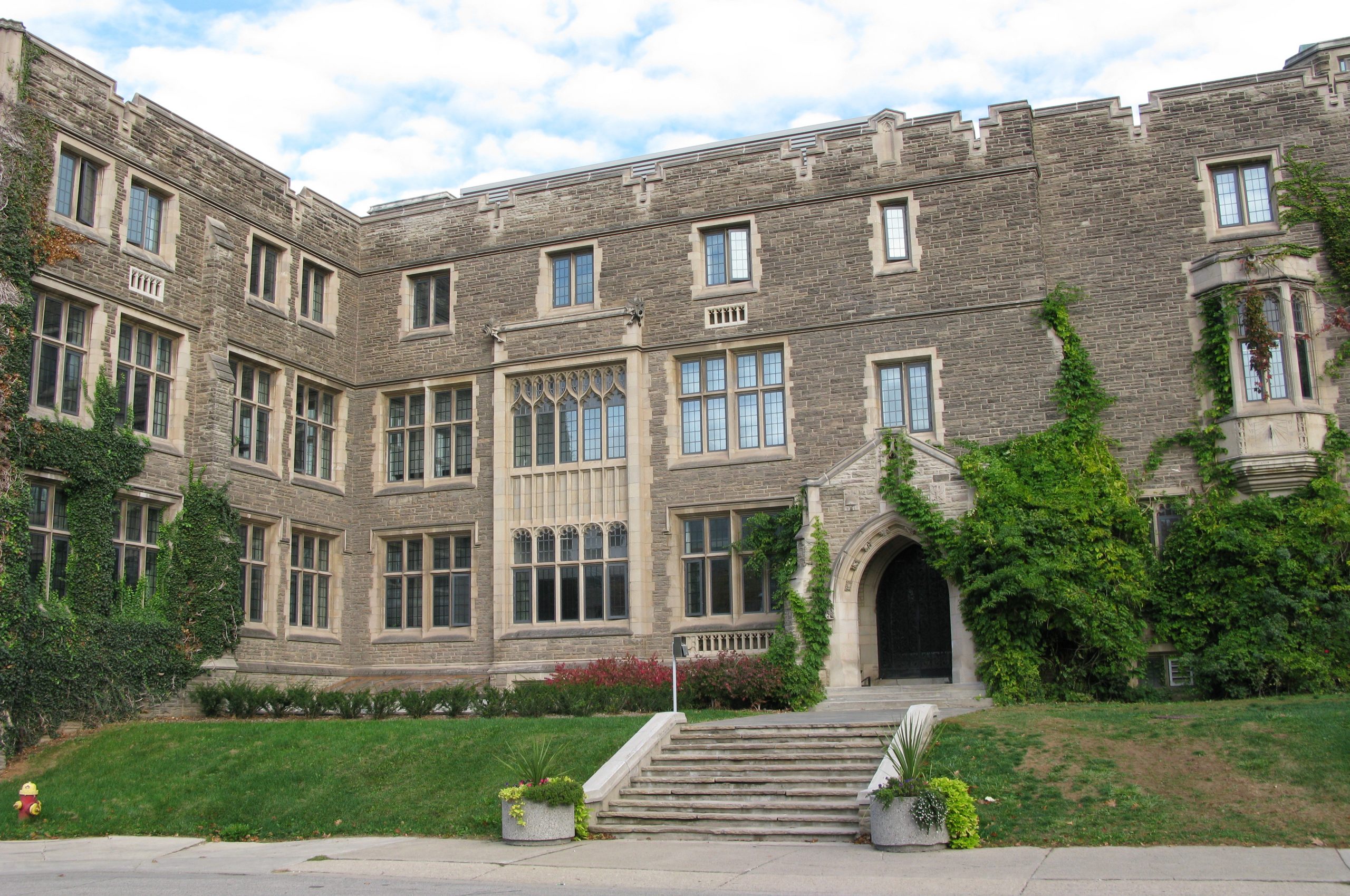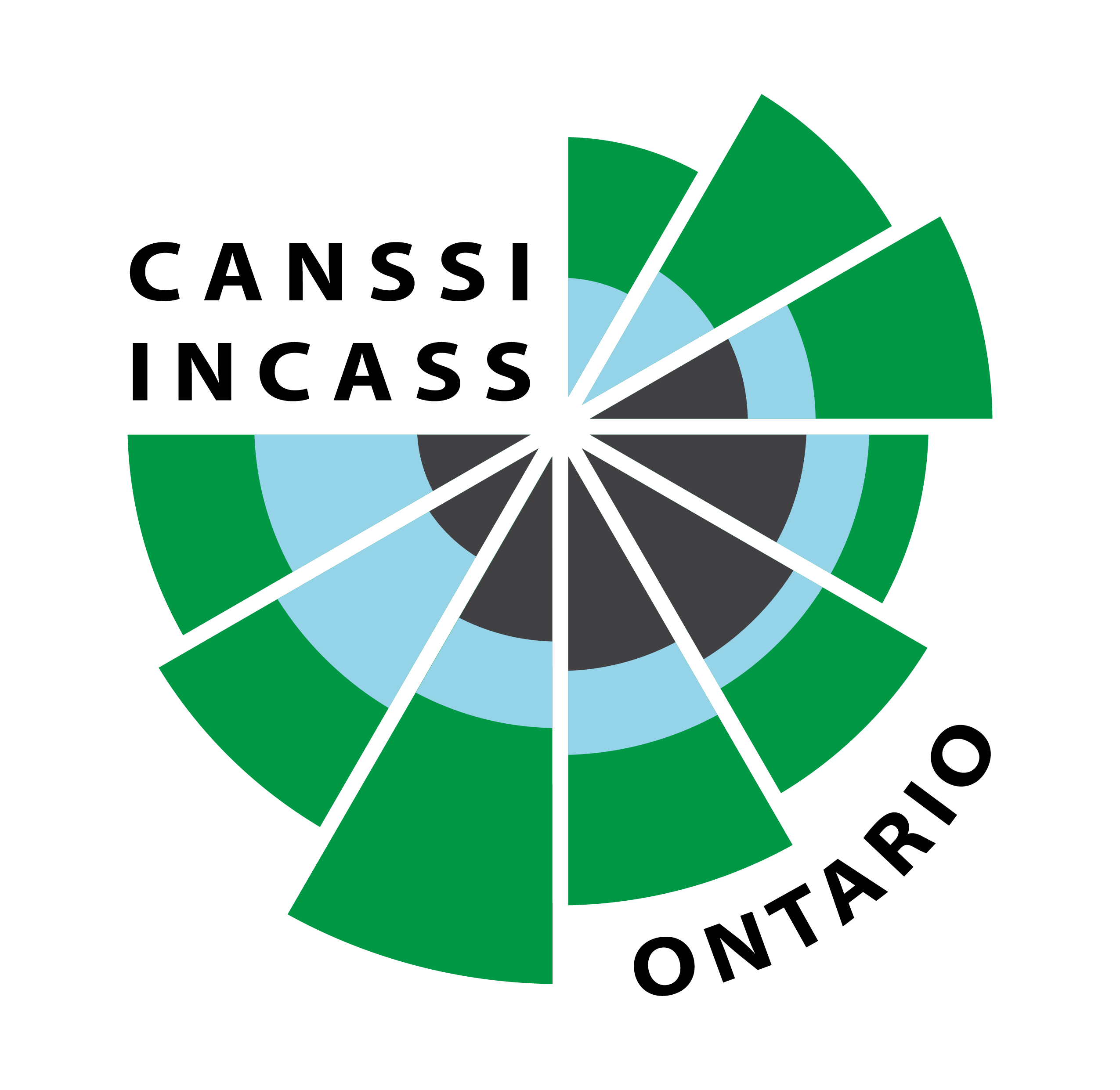
CAST Seminar: Andrew Gelman
Join us at the CANSSI Ontario STatistics Seminars (CAST) with
Andrew Gelman
Professor, Departments of Statistics and Political Science
Director, Applied Statistics Centre
Columbia University
Talk Title
Hierarchical Bayesian Modeling as a Way of Life
Suggested Readings
[2004] Standard voting power indexes don’t work: An empirical analysis: https://sites.stat.columbia.edu/gelman/research/published/gelmankatzbafumi.pdf
[2006] Multilevel (hierarchical) modeling: What it can and cannot do: https://sites.stat.columbia.edu/gelman/research/published/multi2.pdf
[2006] Bayesian measures of explained variance and pooling in multilevel (hierarchical) models: https://sites.stat.columbia.edu/gelman/research/published/rsquared.pdf
[2018] R-squared for Bayesian regression models: https://sites.stat.columbia.edu/gelman/research/published/bayes_R2_v3.pdf
[2022] A proposal for informative default priors scaled by the standard error of estimates: https://sites.stat.columbia.edu/gelman/research/published/default_prior_zwet.pdf
Abstract
Hierarchical Bayesian modeling is useful for partial pooling in meta-analysis, small-area estimation, and many other areas in which we want to make dense inferences from sparse data. Although these methods have been around for several decades, many little-known issues and open questions remain. We discuss several of these, including meta-analysis with a single study, empirical models for the signal-to-noise ratio, the relation between error variance and group size, anthropic priors, the search for a theoretical justification of weakly informative priors, different measures of influence, why we should care about R-squared, the Vermont/Wyoming problem, different ways to model varying treatment effects, the unification of causal methods in econometrics, and the possibility of a new level of abstraction for expressing multilevel models with interactions.
Speaker Profile
Andrew Gelman is a professor of statistics and political science at Columbia University. His books include Bayesian Data Analysis (with John Carlin, Hal Stern, David Dunson, Aki Vehtari, and Donald Rubin), Red State, Blue State, Rich State, Poor State: Why Americans Vote the Way They Do (with David Park, Boris Shor, and Jeronimo Cortina), Regression and Other Stories (with Jennifer Hill and Aki Vehtari), Active Statistics (with Aki Vehatri), and the forthcoming Bayesian Workflow (with many collaborators).
He has done research on applications ranging from elections and public opinion to laboratory assays and toxicology; on the theory and practice of Bayesian statistical methods, from design and data collection through modeling, analysis, and model evaluation; and on statistical computing, graphics, and communication.
-
00
days
-
00
hours
-
00
minutes
-
00
seconds
Local Time
- Timezone: America/New_York
- Date: Nov 04 2025

Location

Organizer
CANSSI Ontario
Website
https://canssiontario.utoronto.caModerator

Hyuna Seo
PhD Student, McMaster University
